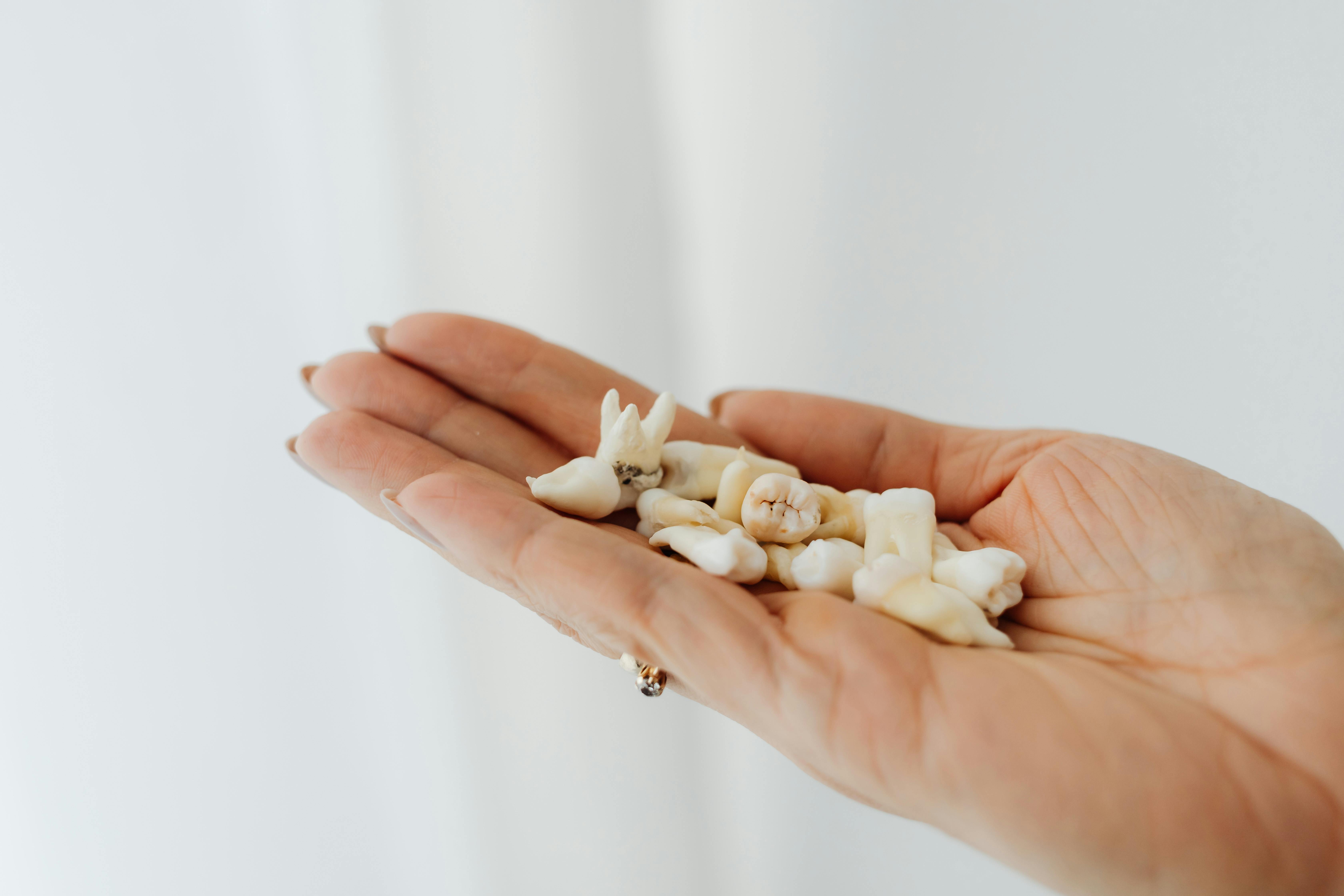The Pros and Cons of Using Electric Toothbrushes
The Pros and Cons of Using Electric Toothbrushes
Electric toothbrushes have gone from novelty gadgets to mainstream oral care tools—but are they really better than manual brushes? And are they worth the investment?
At Gargi’s Dental Care, Kolkata, we often hear this question from patients looking to improve their brushing routine. Let’s break down the real pros and cons of using an electric toothbrush so you can make the best choice for your smile.
What Is an Electric Toothbrush?
An electric toothbrush is a battery-powered or rechargeable device that moves its bristles in oscillating, vibrating, or sonic motions to clean teeth more efficiently than manual brushing. Some even come with built-in timers, pressure sensors, or app connectivity for smarter brushing.
Pros of Using an Electric Toothbrush
1. More Effective Plaque Removal
Studies consistently show that electric toothbrushes remove more plaque than manual ones—especially in hard-to-reach areas. The rotating or vibrating bristles help break down biofilm more effectively.
2. Great for People with Limited Mobility
Electric toothbrushes are ideal for people with arthritis, injuries, or other conditions that make manual brushing difficult. They require less effort and more precision.
3. Built-in Timers and Sensors
Many electric brushes include timers to ensure you're brushing for the recommended 2 minutes, and pressure sensors to prevent over-brushing and enamel damage.
4. Encourages Better Brushing Habits
Children and even adults tend to brush more thoroughly when using an electric toothbrush, especially if it includes visual indicators or gamified apps.
5. Gentle on Gums (If Used Correctly)
With the right pressure and technique, electric toothbrushes can be gentler on gums than aggressive manual brushing.
Cons of Using an Electric Toothbrush
1. Higher Initial Cost
Electric toothbrushes can range from ?500 to over ?5,000, depending on the features. Replacement brush heads also add to the long-term cost.
2. Needs Charging or Battery Replacement
Rechargeable models need charging, and battery-operated ones require replacements—making them less convenient when travelling or during power cuts.
3. Too Much Pressure Can Still Cause Damage
Some users press too hard, thinking it will clean better. Even electric brushes can damage enamel and gums if misused.
4. May Not Suit Everyone
Some people find the vibration uncomfortable, especially if they have sensitive teeth or gums.
5. Environmental Impact
Electric brushes have a bigger carbon footprint compared to manual brushes due to battery use, plastic components, and electronic waste.
Who Should Consider Using an Electric Toothbrush?
- People with braces or dental appliances
- Children who need motivation to brush properly
- Adults with poor plaque control or gum disease
- Anyone with limited dexterity or joint pain
- Patients recovering from dental surgery
Manual vs Electric: The Final Verdict
It’s not just what you use, but how you use it. A manual brush used properly can be just as effective—but for many people, electric toothbrushes provide the consistency and control needed to maintain better oral hygiene.
If you're struggling with plaque, gum bleeding, or brushing technique, switching to an electric toothbrush might be a game-changer.
Not Sure Which Brush is Right for You? Let Us Help.
At Gargi’s Dental Care, Kolkata, we help patients build brushing routines tailored to their needs—whether manual or electric. We’ll assess your technique, recommend the best tools, and ensure your smile gets the care it deserves.
Book your dental consultation today
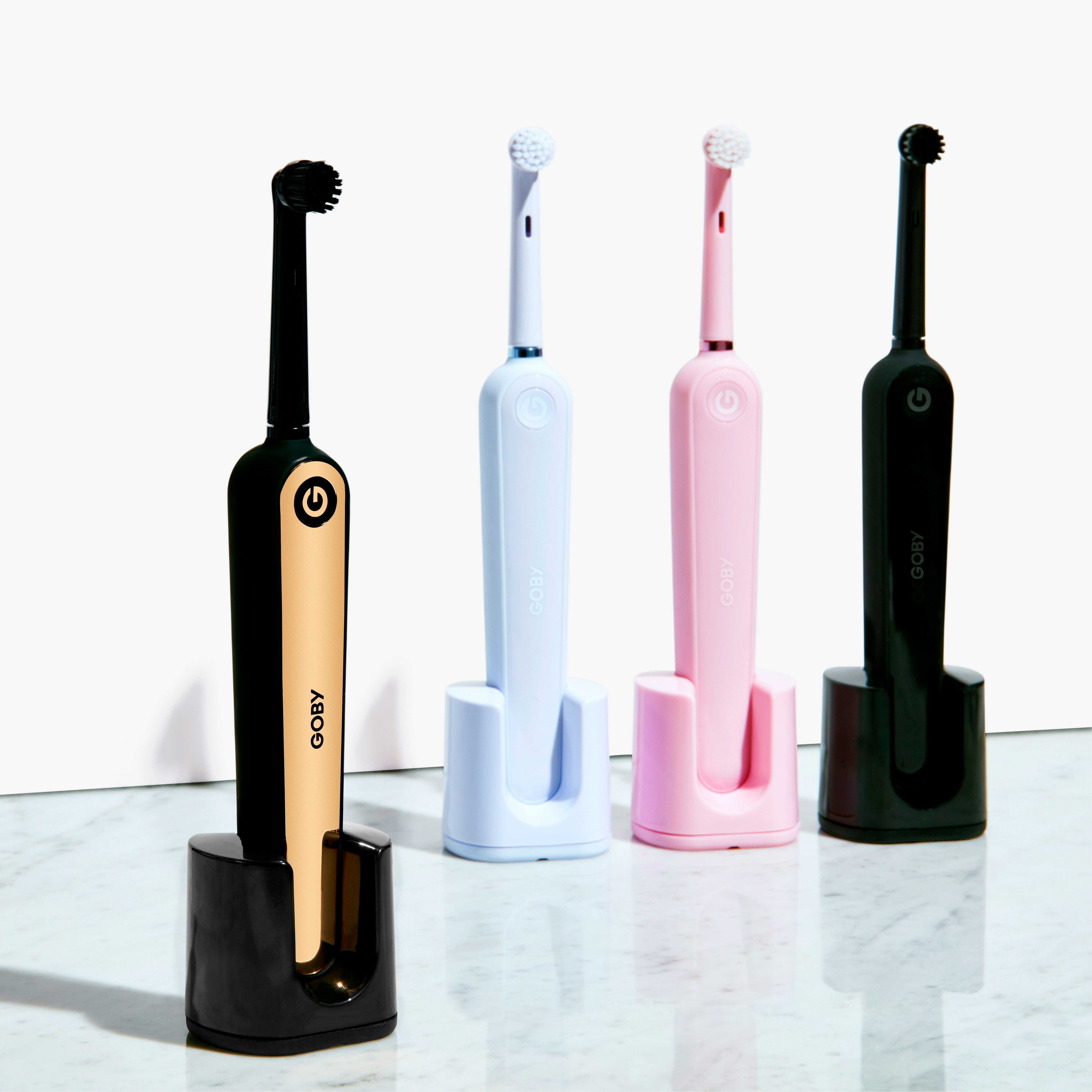

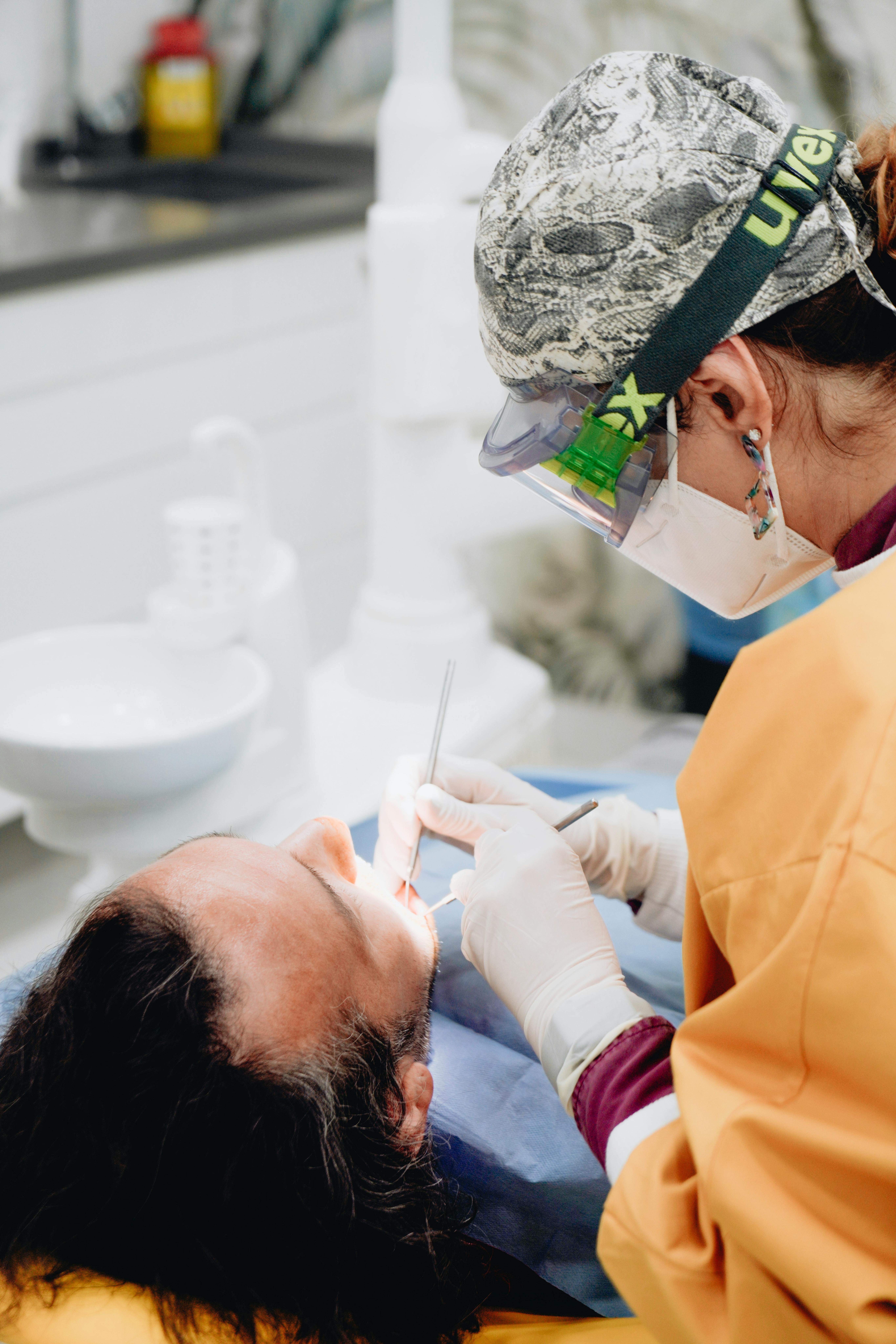
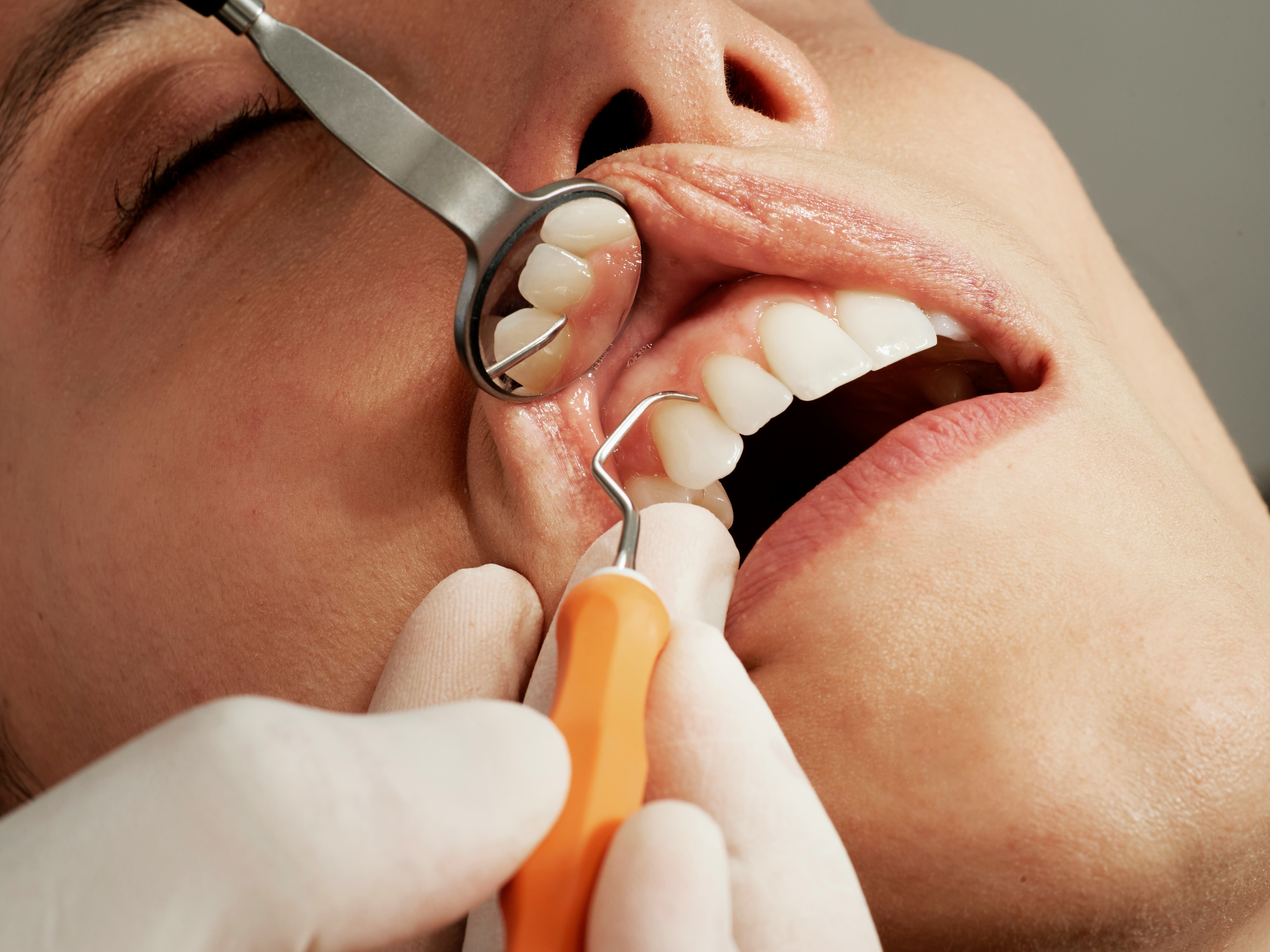
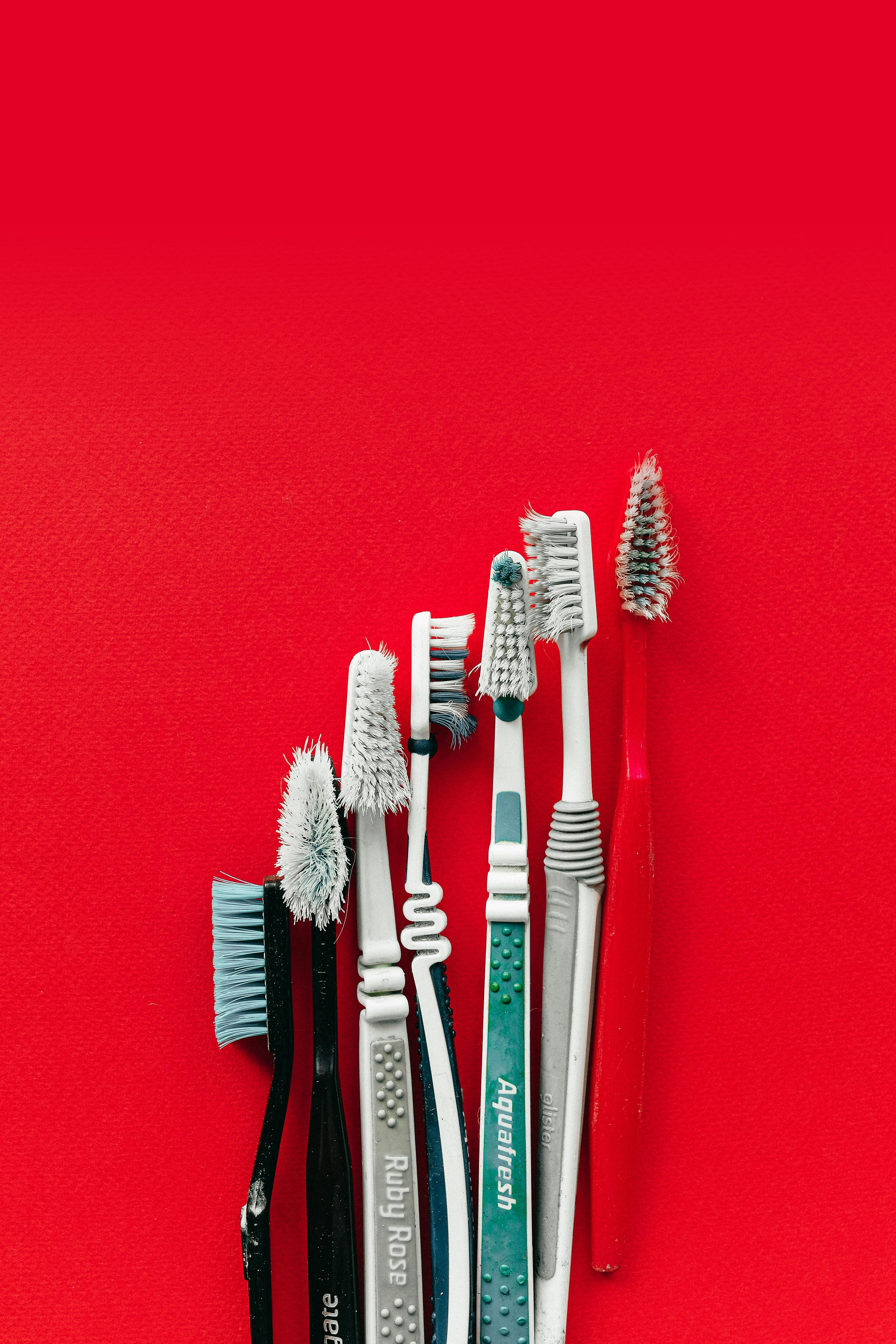

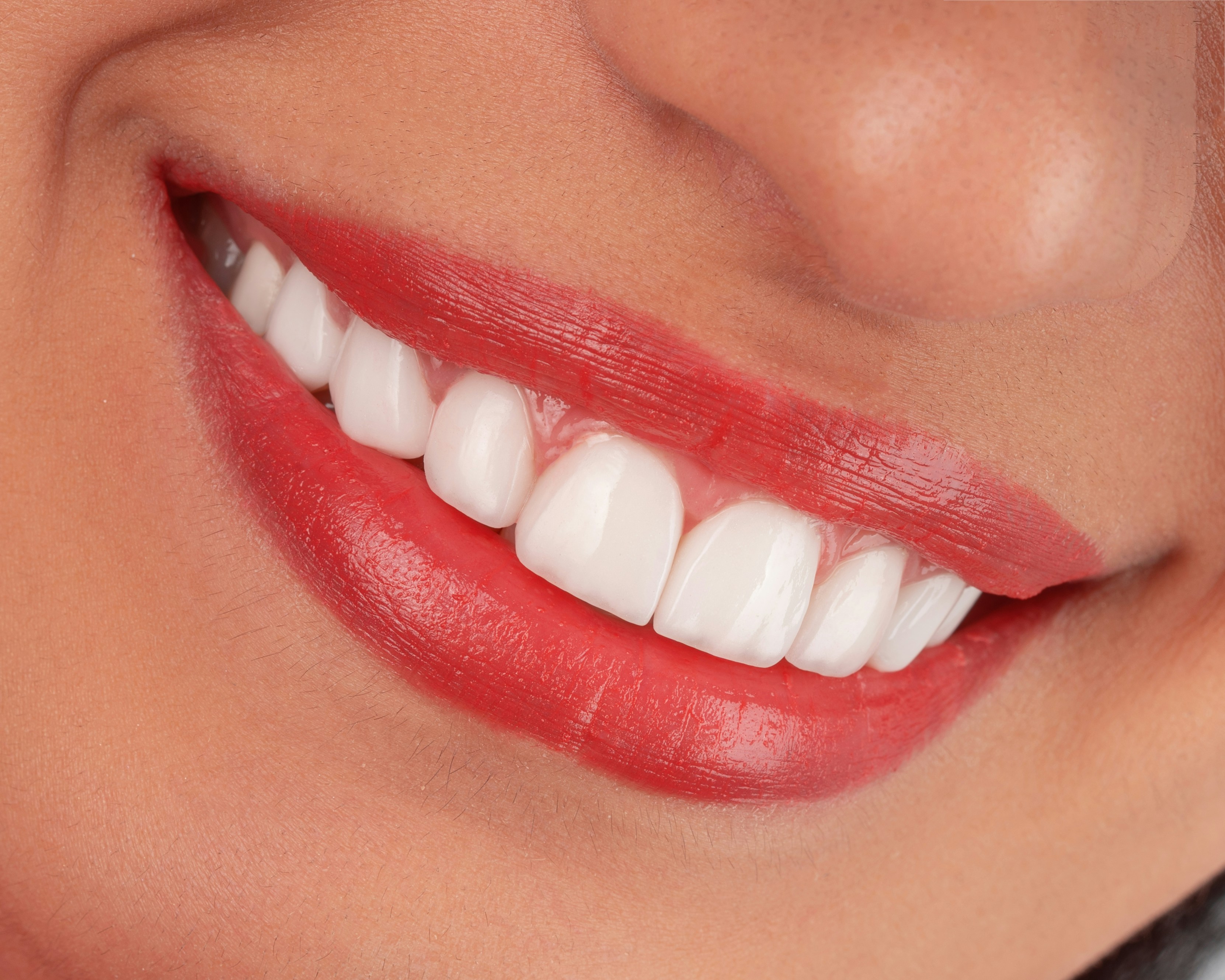
.jpg)
